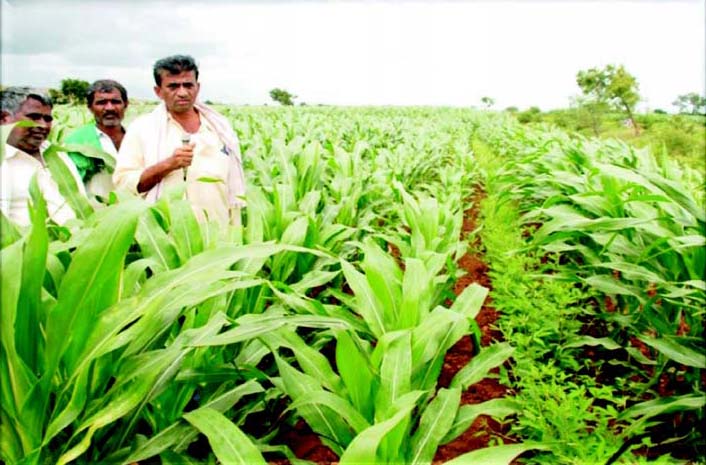/sub-categories/news-and-articles
News and Articles
PPP models for irrigation projects – Why and why not?
Posted on 10 Apr, 2012 11:17 AMAuthor : Rasika Gokhale Athawale
Climate change and water sources: Strengthening community preparedness and water use regulations hold the key
Posted on 10 Apr, 2012 10:34 AMAuthor : Neelima Garg
Scientific and technological approaches for sustainable use of water resources: Summary of the Global Indian Scientists and Technocrats Forum convention held at Pune, in December 2010
Posted on 09 Apr, 2012 11:17 PMThe sessions were as follows:
Water law in a globalised world - Philippe Cullet discusses the need for creating a new framework
Posted on 09 Apr, 2012 11:09 PM1. Introduction
Reviving dying springs: A paper documenting the Sikkim experience of groundwater recharge using geo-hydrology
Posted on 09 Apr, 2012 09:12 AMIntroduction
The paper begins with a description of Sikkim. The sources of water in the Himalayas and the geology of the area are also described.
Literature review of spring related studies
The return of the earthworm: Association for India's Development's (AID-JHU) practicing organic farming in the Sunderbans
Posted on 08 Apr, 2012 10:51 PMArticle and Video Courtesy : Association for India's Development - Johns Hopkins University
Author : Nishikant
Critical analysis of the overarching issues in Indian agriculture - State of Indian agriculture report (2011-2012)
Posted on 06 Apr, 2012 06:57 PM
Restructuring in 2012 of District Rural Development Agency set up by Ministry of Rural Development
Posted on 05 Apr, 2012 09:25 PMThe MoRD constituted the present Committee with a mandate to study the structure of the DRDA and suggest measures to strengthen their professional character so that they could be useful to the Zila Parishads and the district administration in planning for removal of rural poverty.
Government of Rajasthan prepares a working draft of a rural sanitation and hygiene strategy (2012 2022)
Posted on 04 Apr, 2012 09:46 PMAlthough significant progress has been made in terms of individual household toilet coverage in the state, usage by the population is still low at 12.9 per cent (DLHS 2007-08). Access to toilets for schools and angawandies has seen a marked increased but rural solid and liquid waste management has seen little or no attention.
